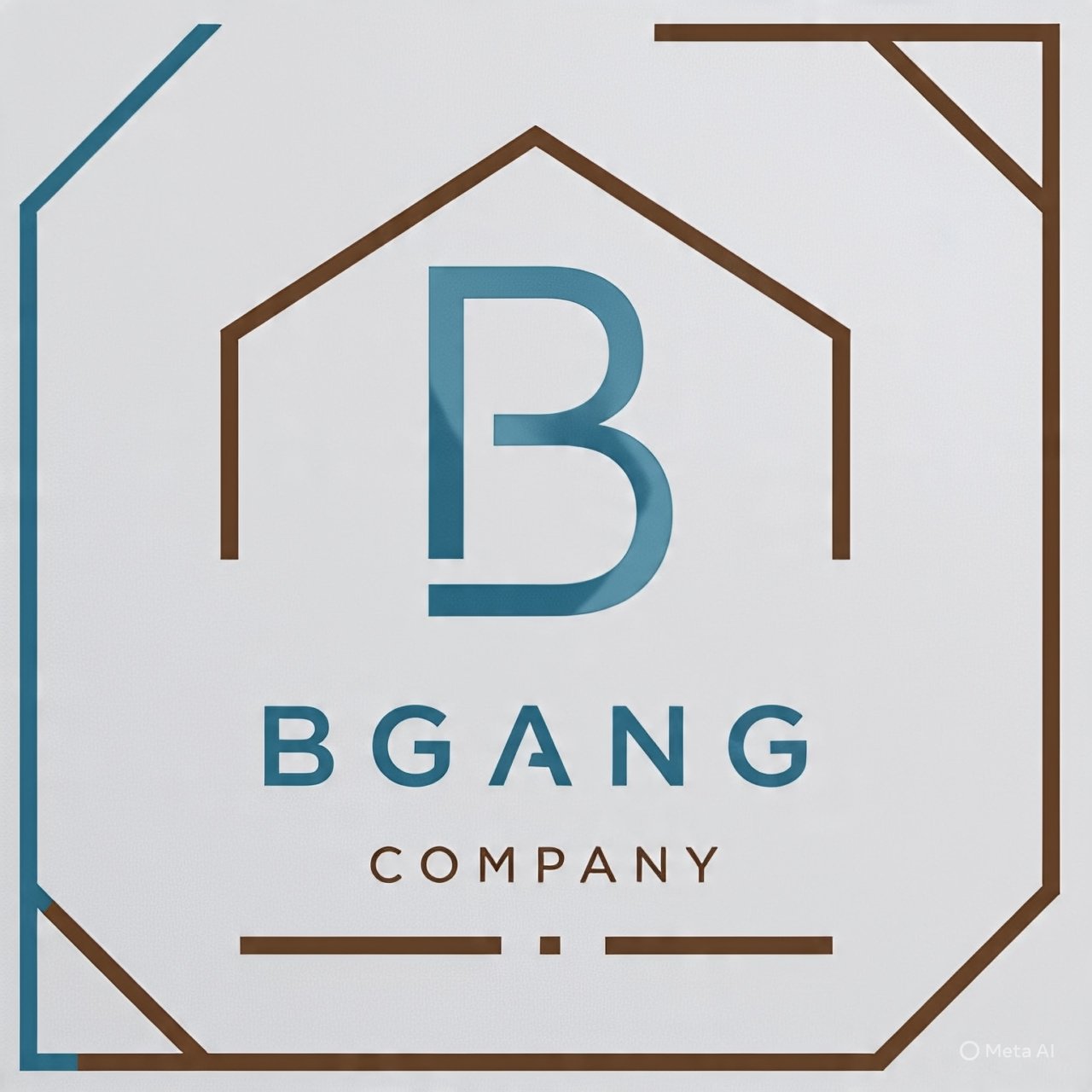
Understanding Recession: Definition and Characteristics
A recession is generally defined as a significant decline in economic activity across the economy that lasts for an extended period, typically visible in real GDP, income, employment, manufacturing, and retail sales. Economists often identify a recession when there are two consecutive quarters of negative growth in real GDP. This economic downturn can have far-reaching consequences, influencing various sectors, including the real estate market.
Key indicators of a recession include rising unemployment rates, which reflect a slowdown in job creation and job security. As companies face reduced consumer spending and lower sales revenue, they may resort to layoffs or hiring freezes. Consequently, the unemployment rate serves as a critical gauge for assessing the health of the economy during these challenging times. Another prominent indicator is reduced consumer spending, which often declines as households become cautious about their financial situation. This hesitance affects businesses, leading to lower production rates and, in turn, a further decrease in GDP.
The cycle of a recession typically begins with a peak in economic activity, followed by a decline known as the contraction phase. Consequently, the economy experiences a trough, representing the lowest point before recovery can begin. Historically, recessions have varied in severity and duration, influenced by factors such as monetary policies, global economic conditions, and external shocks. For instance, the Great Recession of 2007-2009 serves as a pivotal reference point for understanding the implications of economic downturns, drastically impacting the real estate sector as property values plummeted and foreclosure rates surged.
Understanding these characteristics of a recession is essential for grasping its subsequent effects on various markets, especially the real estate market, where changes in economic conditions can lead to significant fluctuations in property values and buyer behavior.
Immediate Effects of a Recession on the Real Estate Market
The onset of a recession typically brings about significant short-term impacts on the real estate market. One of the most noticeable effects is a decline in home prices. As economic uncertainty looms, potential buyers often become hesitant, leading to a reduced demand for properties. This decreased demand causes sellers to lower their asking prices to attract interest, which can initiate a downward spiral in home values. Such price drops can further dissuade new buyers due to the fear of continued depreciation.
In addition to falling prices, recessions generally lead to an increase in foreclosures. Financial strain on homeowners can result in missed mortgage payments, and the resultant pressure often leads to banks reclaiming properties. A surge in foreclosures not only adds to the housing supply but also exacerbates the decline in home values, as distressed properties often sell for less than market rates, contributing to a decrease in neighborhood property values.
Moreover, a recession tends to stifle new construction rates. Builders face difficulties securing financing, and lenders may impose stricter borrowing requirements, deterring potential developers. As a result, fewer new homes enter the market, exacerbating the existing supply-demand imbalance, which can lead to longer-term implications for housing availability.
Furthermore, mortgage applications typically decline during economic downturns. Aspiring homeowners may postpone their purchases due to job insecurity and financial instability. This reluctance to leverage real estate investments contributes to a general freeze in buying and selling activities, adversely impacting market liquidity. The combination of falling home prices, a rise in foreclosures, lower construction rates, and reduced mortgage activities can create a challenging environment for both buyers and sellers, making it difficult to navigate the real estate landscape during a recession.
Long-Term Consequences of Recession for Real Estate Investors and Homeowners
The long-term implications of a recession on the real estate market are multifaceted, impacting both real estate investors and homeowners significantly. One of the most notable changes during a recession is the fluctuation in property valuations. Often, property prices may experience a decline, which can deter new investments and lead to uncertainty among existing homeowners. As property values decrease, homeowners may find themselves in negative equity situations, where their mortgage balances exceed the market value of their homes. This scenario not only affects their financial stability but also limits their options for selling or refinancing, thereby stifling market liquidity.
Furthermore, shifts in investment strategies among real estate investors may occur as they recalibrate their approaches to navigate a recessionary environment. Investors may become more risk-averse, prioritizing properties with stable cash flows, such as rental properties, over speculative investments. The rental market may flourish during these times as more individuals opt for renting rather than purchasing homes, leading to increased demand for rental units. This creates opportunities for property owners to improve their rental income and diversify their portfolios to include a wider range of investment types.
Resilience becomes paramount for real estate portfolios during and after a recession. Investors and homeowners alike need to remain adaptable, keeping an eye on market trends and economic indicators that suggest recovery. Although recessions can bring about substantial challenges, they also present opportunities for those strategically positioned in the market. Historically, real estate markets have shown a tendency to recover over time, making it vital for investors to consider the timing of potential rebounds when making long-term decisions regarding their portfolios.
Navigating the Real Estate Market During a Recession: Strategies and Best Practices
Operating in the real estate market during a recession requires a strategic approach that prioritizes risk management and capitalizes on emerging opportunities. Real estate professionals, investors, and homeowners should adopt various best practices to navigate the challenges posed by an economic downturn.
One essential strategy is to focus on risk management. This involves conducting thorough due diligence before making any purchase and being mindful of market fluctuations. Investors should be cautious about leveraging properties with high debt levels, as decreased property values can lead to serious financial strain. During a recession, it is prudent to maintain a conservative investment portfolio, ensuring that cash reserves are available to weather potential market hardships.
Another notable opportunity in a recessionary environment is bargain buying. Economic downturns often lead to lower property prices, creating opportunities for savvy buyers to acquire undervalued assets. Identifying distressed properties can result in purchasing homes at reduced prices, setting the stage for future appreciation once the market recovers. However, buyers must do their homework and assess the condition of these properties to avoid unforeseen costs or complications.
Maintaining liquidity is also critical during a recession. Cash on hand allows homeowners and investors to act quickly when attractive deals arise, ensuring they do not miss out on favorable market conditions. Moreover, liquidity serves as a buffer against unexpected expenses, thereby reducing stress during periods of uncertainty.
Lastly, staying informed about economic trends is vital for adjusting strategies effectively. Regularly monitoring real estate indicators, interest rates, and local market conditions can empower individuals to make informed decisions. Understanding the macroeconomic environment will facilitate timely adjustments to investment strategies, ensuring resilience throughout the recession.

Leave a Reply